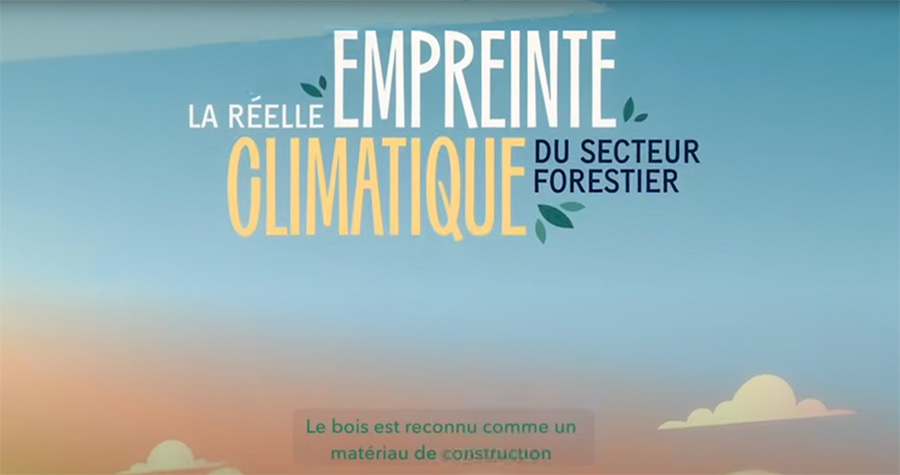Watch/ Listen
Nature Creative Commons
A forest carbon explainer video – why old forests are the real climate heroes
Across British Columbia, forest mismanagement is worsening the climate crisis and compounding impacts such as fires and floods. At the same time, misinformation is being used to justify these unsustainable forestry practices.
In response, the Hummingbird Collective has developed the Nature Creative Commons Forest Carbon Project which provides open-access, educational, and visually engaging materials to dispel myths surrounding forests, carbon, and wood products. This project shares data-backed resources and equips communities with the tools they need to navigate misinformation and advocate for evidence-based practices and policies. Please visit our website naturecreativecommmons.org for more information.

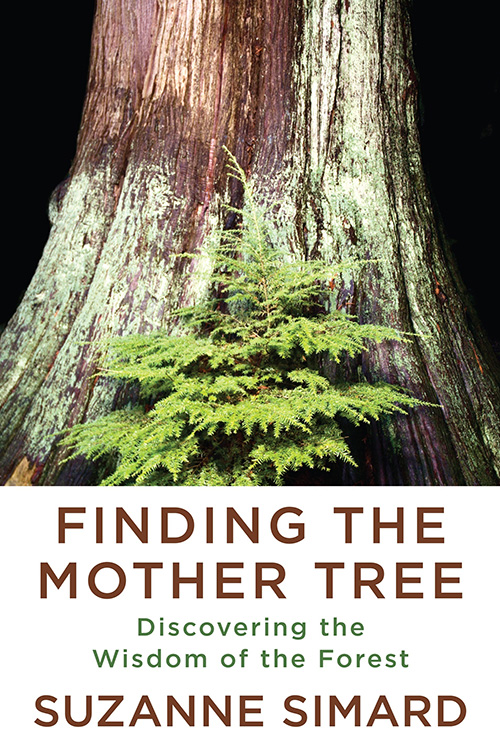
Suzanne Simard
Mother Trees and the Social Forest
Forest Ecologist Suzanne Simard reveals that trees are part of a complex, interdependent circle of life; that forests are social, cooperative creatures connected through underground mycorrhizal networks by which trees communicate their vitality and vulnerabilities, and share and exchange resources and support.
Simard’s extraordinary research and tenacious efforts to raise awareness on the interconnectedness of forest systems, both above and below ground, has revolutionized our understanding of forest ecology. This increasing knowledge is driving a call for more sustainable practices in forestry and land management, ones that develop strategies based on the forest as a whole entity, not on trees as isolated individuals.
Wildlands League (2023-2024)
The Clear Cut: Conversations on Forestry
A deep dive into Canada’s approach to forest management. How does it work? What are the issues? What needs to change in order to meet our climate and biodiversity commitments?
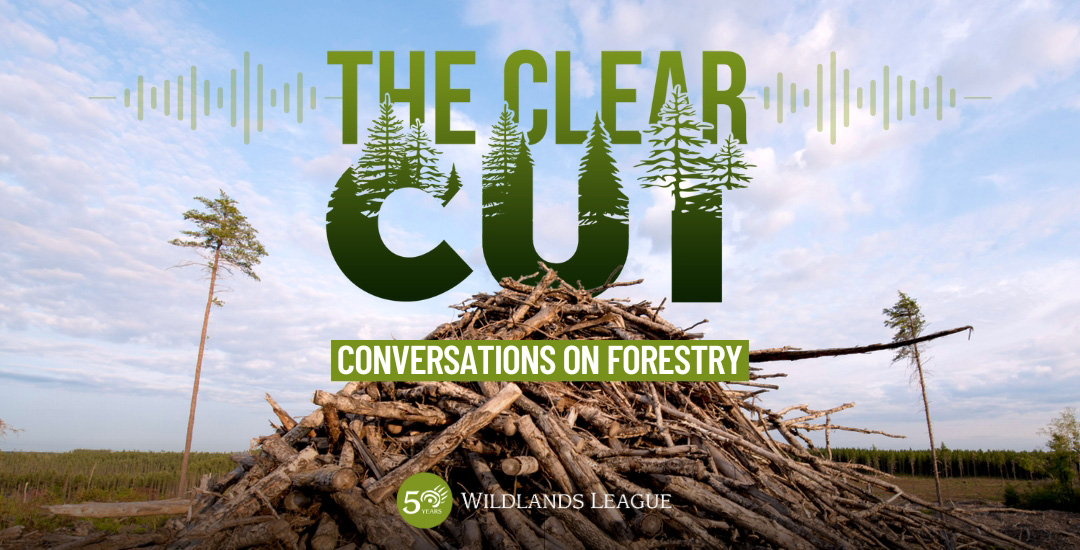

Minute Earth
By overcounting how much carbon their forests suck up, and undercounting how much carbon their industries release, countries undercount their total carbon emissions.
The Narwhal
Trouble in the Headwaters (Summer 2025) is a powerful 25-minute documentary exploring the root causes behind the devastating floods in Grand Forks, British Columbia. In 2018, more than 100 families were displaced and millions of dollars were spent on flood infrastructure — yet floods continue to threaten the Kootenay region in southeast B.C. So what’s going on?


730 CKNW
BC Conservatives announce their Forestry Plans: Interview with Dr. Peter Wood, University of British Columbia. September 16, 2024.
Valérie Courtois, Executive Director, Indigenous Leadership Initiative.
NPR / TED talk: If you take care of the land, the land will take care of you
Valérie Courtois is the founding director of the Indigenous Leadership Initiative, where she is an expert on Indigenous-led conservation and strengthening efforts to protect lands and waters. She was selected as the 2023 winner of Stanford University’s highest environmental prize, the Bright Award for Environmental Sustainability.
She works with Indigenous Nations to preserve and protect lands and waters across Canada, and she says healing our relationship to the land can help us heal too.

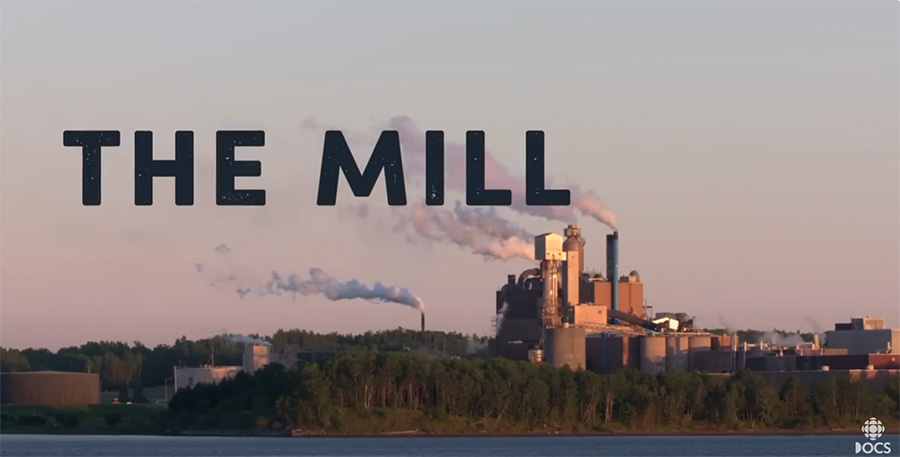
CBC Documentaries
A challenge facing communities the world over is taking place in Pictou County, Nova Scotia. The province’s most polluted site has been given a promise of being cleaned up after 50 years of contamination. However, this good news carries financial and environmental consequences for neighbouring areas. Now the debate between the economy and the environment currently rages as great change awaits the region.
The Mill looks at a dilemma facing rural communities across the world. Where environmental concerns are increasingly weighed against the economic outcomes of resource industries as sustainability is questioned. In Pictou County, Nova Scotia, a decision must be reached dramatically affecting one of these areas. Where do the priorities lie?
CBC News
Amid the ongoing fight to protect British Columbia’s forests, The Fifth Estate examines how the province has become a leading exporter of wood pellets being burned to fuel energy needs in the U.K., where some activists and politicians say both the U.K. and Canada have made a mistake in supporting the industry.
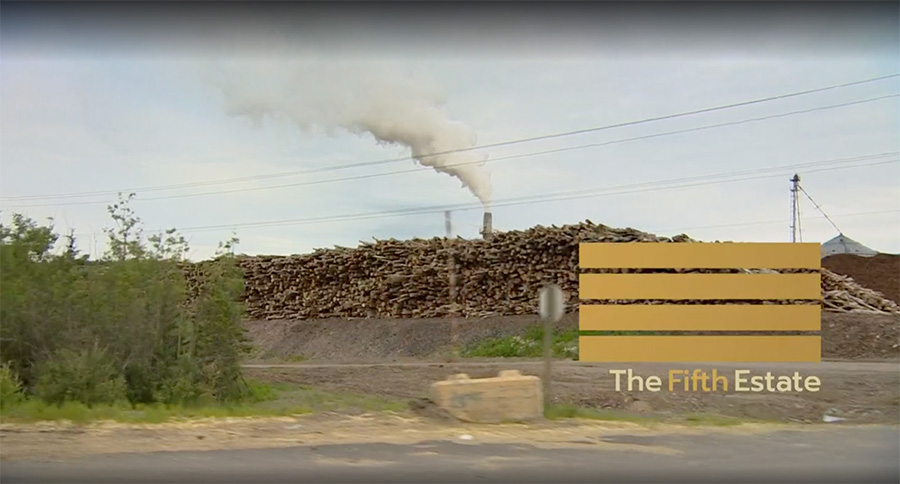

CBC News
Mercury poisoning near Grassy Narrows First Nation worsened by ongoing industrial pollution: study
One of Canada’s worst environmental disasters that has been making people in Grassy Narrow’s First Nation sick for three generations. A new study is out from Western University and it finds that industrial discharge from a nearby paper mill is combining with previously leaked mercury to create methylmercury.
SNAP Quebec
La réelle empreinte climatique du secteur forestier
Le bois est-il vraiment un matériau « vert »? On entend souvent que le bois, parce qu’il stocke du carbone, est bon pour le climat. Mais quand on regarde l’ensemble du cycle de vie, de la coupe jusqu’à la fin de vie des produits, l’impact climatique réel du secteur forestier est loin d’être négligeable.
Couper la forêt libère de grandes quantités de carbone, et les bénéfices climatiques associés à l’utilisation du bois peuvent prendre des décennies à se concrétiser.
